Si vous avez été captivé par Snowden (2016), ce film biographique intense sur le lanceur d'alerte Edward Snowden, vous adorerez découvrir d'autres œuvres similaires. Cet article vous propose 10 films et séries qui explorent des thèmes comme la surveillance de masse, la cybersécurité et les dilemmes moraux, pour prolonger l'expérience cinématographique.
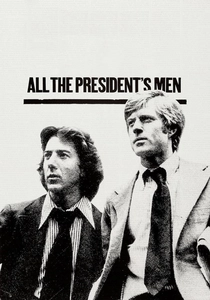
All the President's Men (1976)
Description: A classic investigative journalism film that delves into the uncovering of political corruption at the highest levels. The narrative highlights the importance of a free press in holding power to account.
Fait: The film is based on the book by Bob Woodward and Carl Bernstein, the reporters who broke the Watergate scandal for The Washington Post.
 Regarder
Regarder
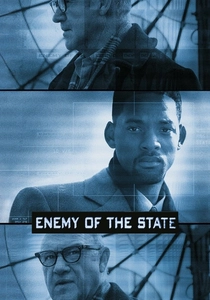
Enemy of the State (1998)
Description: A thriller that examines government surveillance and the misuse of technology to track and control individuals. The story revolves around a man who becomes a target after inadvertently obtaining evidence of illegal activities.
Fait: The film's portrayal of surveillance technology was considered ahead of its time, predicting many real-world developments in digital espionage.
 Regarder
Regarder

The Lives of Others (2006)
Description: A poignant exploration of state surveillance and its psychological impact on both the watchers and the watched. Set in East Germany, the film reveals the human cost of living under constant scrutiny.
Fait: The movie won the Academy Award for Best Foreign Language Film and is praised for its authentic depiction of Stasi operations.
 Regarder
Regarder
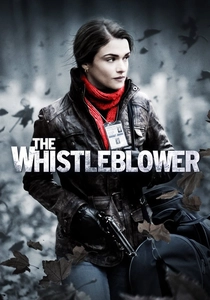
The Whistleblower (2010)
Description: A gripping drama about the moral and personal costs of exposing corruption within powerful institutions. The protagonist faces severe repercussions for her actions, highlighting the dangers of speaking truth to power.
Fait: The film is based on the true story of Kathryn Bolkovac, a UN peacekeeper who uncovered a sex trafficking ring involving UN officials.
 Regarder
Regarder

The Social Network (2010)
Description: Explores themes of technology, privacy, and the ethical dilemmas surrounding the creation of a powerful digital platform. The narrative delves into the consequences of unchecked ambition and the impact of digital surveillance.
Fait: The screenplay was written by Aaron Sorkin, who crafted the dialogue based on extensive research and interviews, though some events were dramatized for cinematic effect.
 Regarder
Regarder
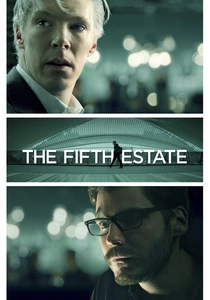
The Fifth Estate (2013)
Description: Focuses on the rise of digital whistleblowing and the ethical complexities of exposing government secrets. The film highlights the tension between transparency and national security.
Fait: The movie was criticized by Julian Assange, who claimed it misrepresented the operations and motivations of WikiLeaks.
 Regarder
Regarder
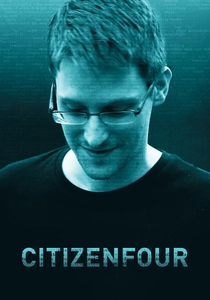
Citizenfour (2014)
Description: A documentary that provides an intimate look at the process of exposing mass surveillance programs. It captures the tension and risks involved in revealing classified information to the public.
Fait: The film won the Academy Award for Best Documentary Feature in 2015, and its production was kept highly secretive to protect its subjects.
 Regarder
Regarder

Official Secrets (2019)
Description: Tells the true story of a whistleblower who risks everything to expose illegal government activities. The film emphasizes the personal sacrifices made by those who choose to reveal uncomfortable truths.
Fait: The protagonist, Katharine Gun, was charged under the Official Secrets Act but the case against her was eventually dropped due to lack of evidence.
 Regarder
Regarder
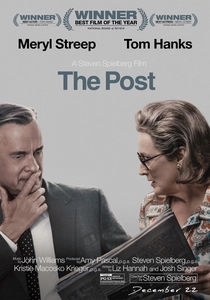
The Post (2017)
Description: A historical drama about the ethical and legal battles faced by journalists when publishing classified information. The story underscores the tension between government secrecy and the public's right to know.
Fait: The film marks the first collaboration between Meryl Streep and Tom Hanks, who play Katharine Graham and Ben Bradlee, respectively.
 Regarder
Regarder
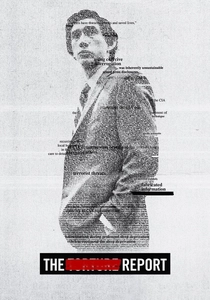
The Report (2019)
Description: Chronicles the efforts of a Senate staffer to uncover the truth about the CIA's use of torture. The film underscores the challenges of holding powerful entities accountable in the face of institutional resistance.
Fait: The screenplay is based on the actual 6,700-page report compiled by the Senate Intelligence Committee, which took five years to declassify.
 Regarder
Regarder









